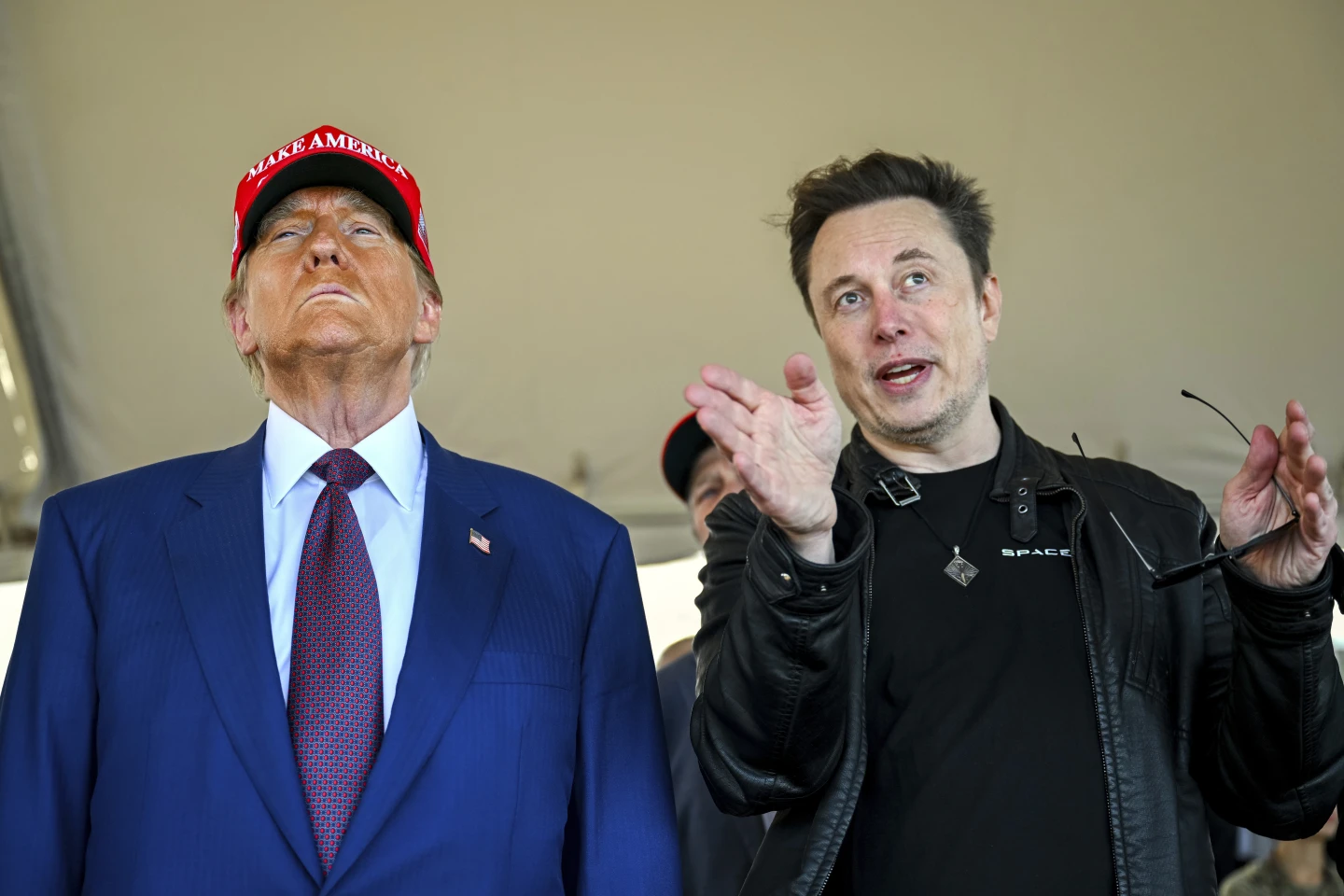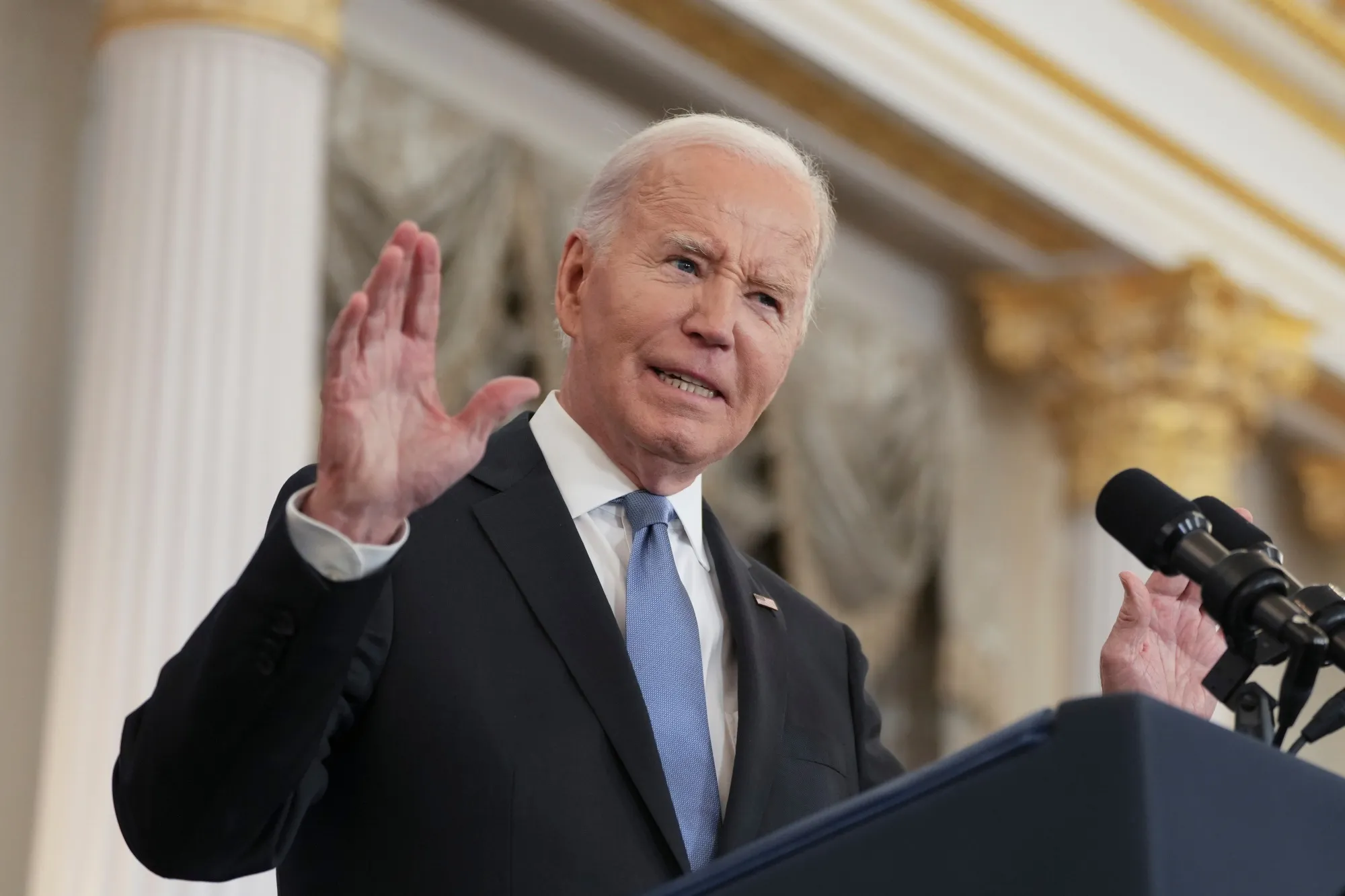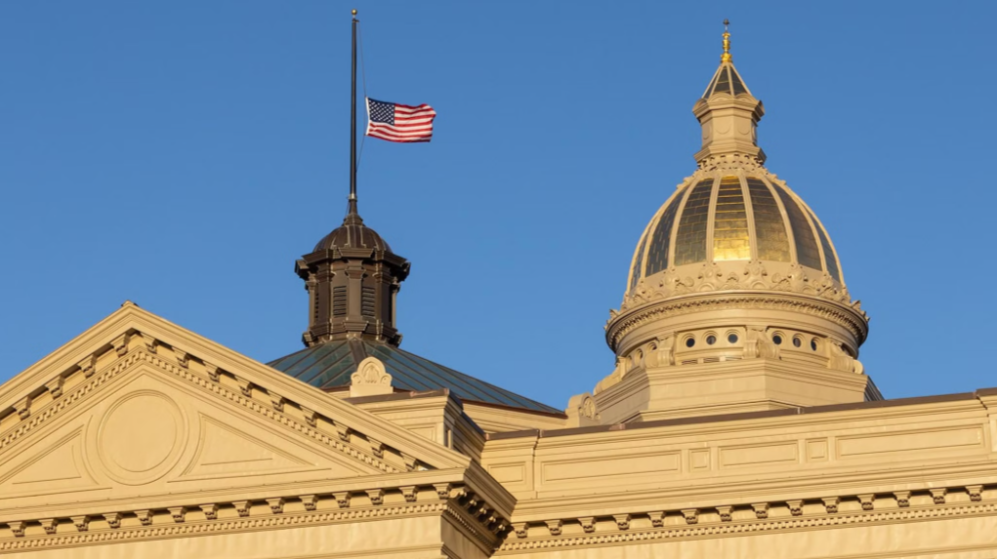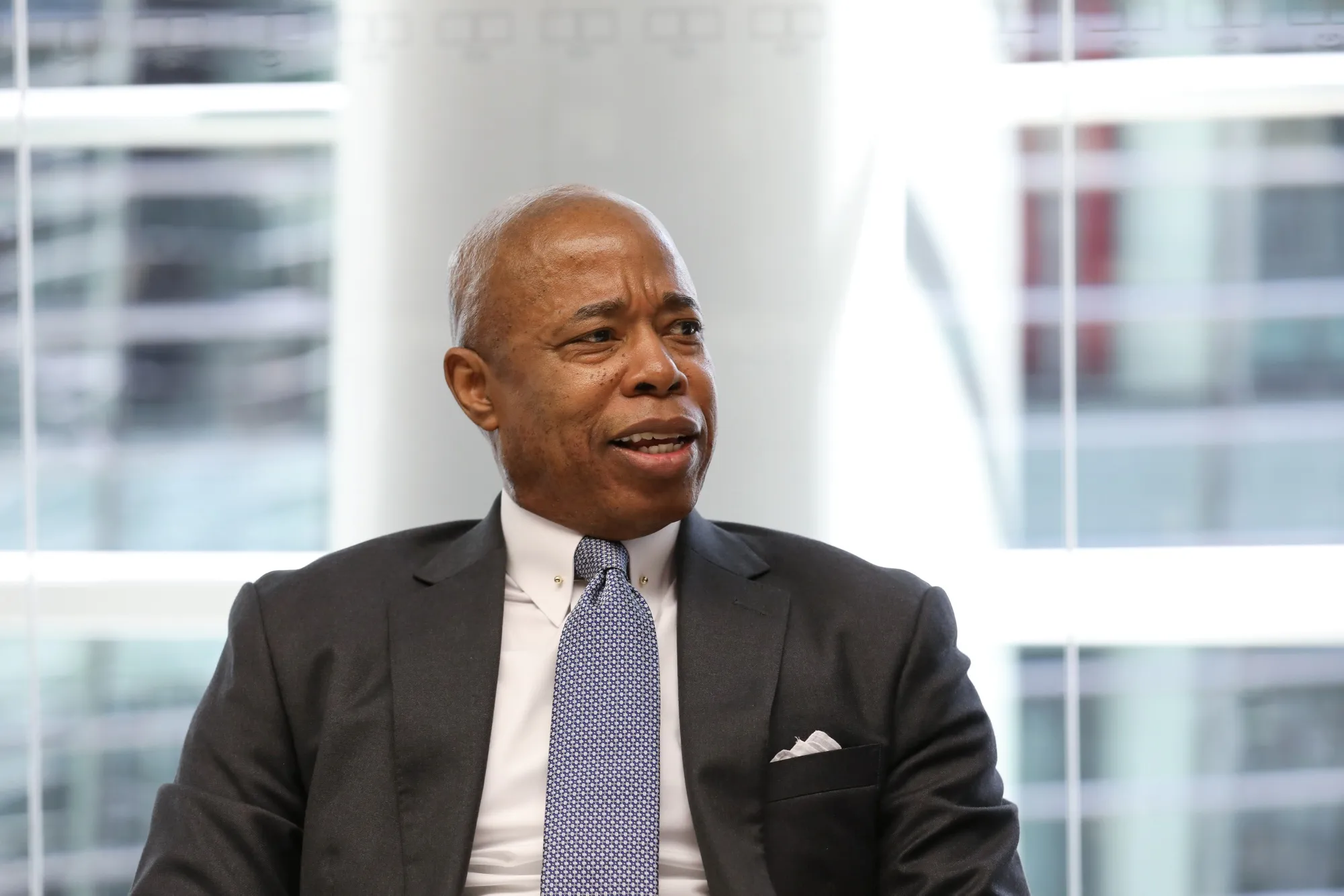Analyzing Israel-Palestine Conflict Escalation: Is Lebanon Israel’s Second Front?
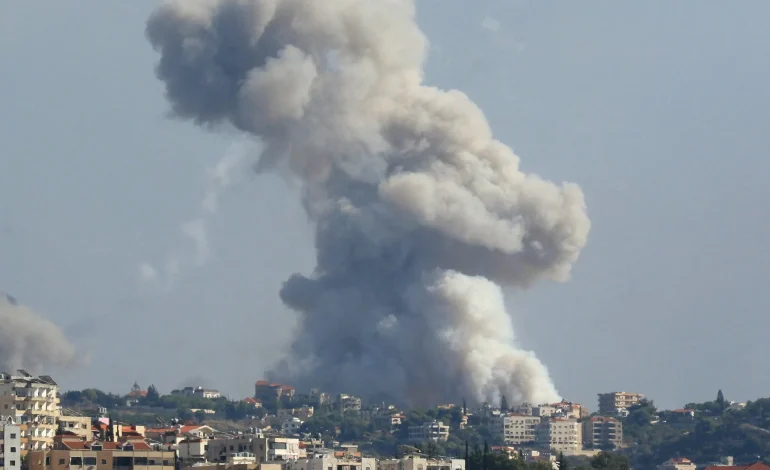
As the conflict between Israel and Palestine enters its eleventh month, tensions intensified on Israel’s northern border. With IDF conducting raids in southern Lebanon and Beirut to counter Hezbollah rocket attacks, the situation raises questions about a potential second front in the ongoing conflict. To gain insight into these developments, Wyoming Star spoke exclusively with Lindsay Benstead, a Professor of Politics and Global Studies at Portland State University and Director of the Middle East Studies Center.

source: Portland State University (pdx.edu)
Wyoming Star: Can this development turn into a second front for Israel against Hezbollah?
Benstead: Hezbollah has been launching rockets at Israel since October 8. Arguably this second front for Israel against Hezbollah has been open for some time.
Wyoming Star: What are the possible dangers for Israel of a new actor in the face of Hezbollah weighing in on the conflict?
Benstead: Israel fought a war with Hezbollah in 2006. It ended with the UN Security Council passing Resolution 1701 that called for Hezbollah to withdraw from southern Lebanon, to be replaced by the Lebanese Defense Forces (Lebanon’s armed forces) or UNIFIL. Neither the LDF nor the UNIFIL have been able to force Hezbollah to withdraw, in part because Hezbollah is more powerful than Lebanon’s armed forces. With Hezbollah launching rockets at Israel since October 8, Israel must respond in order to ensure that its citizens can return to their homes in Northern Israel.
“The continued rockets from Hezbollah toward Israel and the fact that Hezbollah is planning its own October 7th-style terrorist attack in Israel make a ground invasion by Israel to remove Hezbollah from southern Lebanon likely or perhaps inevitable.”
Wyoming Star: Will we face another humanitarian catastrophe in South Lebanon if the current military actions spark an all-out war?
Benstead: With Iranian support, Hezbollah has enough weapons to be classified as a military, although it is a non-state militia. Since it operates out of civilian areas, innocent people are likely to be harmed in the war. However, Israel may feel it has little choice given that Hezbollah rockets are already harming citizens, most recently the death of twelve Druze children in the Golan Heights in July 2024.
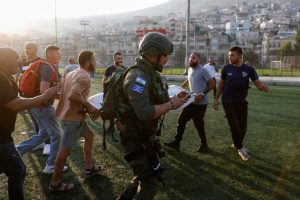
source: JALAA MAREY/AFP via Getty Images
Wyoming Star: Do you agree with a rather popular opinion that the recent escalation in Lebanon is a strategic move by MP Benjamin Netanyahu and his cabinet to strengthen their position?
Benstead: MP Benjamin Netanyahu is a political actor. Therefore, it would not be surprising that his motivations are to ensure his political survival and to govern in a way that he believes is in Israel’s best interest. Economically and militarily, Israel needs to bring the war to a successful end, and that includes ensuring the security of Israel’s citizens in the north. Broader geopolitical concerns also matter, in that a Harris administration could mean constraints on Israel’s right to defend itself, given that Harris has said that how Israel defends itself matters.
Wyoming Star: What can we expect from the other opponents of Israel in the region, like Houthis in Yemen, taking into account the escalation in Lebanon?
Benstead: As a political and military movement allied with Iran, the Houthis belong to the axis of resistance.
“Death to America, Death to Israel, A Cure Upon the Jews,” Houthis’ motto
Whether they will step up their attacks as a result of the Israel-Hezbollah war, should it continue, is hard to say. It remains to be seen whether the Houthis or Iran will join the fighting. Israel may be seeking with its pager attack and the ongoing bombing to signal strength as a means to deter Hezbollah and its allies from escalating the war further.
Wyoming Star: Can we expect a potential change in US policy regarding Israel if there is a second front?
Benstead: The US could continue to provide arms to Israel, or it could hold them up. I do not see the US changing its policy toward Israel, due to the strategic importance of the relationship for both parties. However, broader geopolitical concerns also matter.
“A Harris administration could mean constraints on Israel’s right to defend itself, given that Harris has said that how Israel defends itself matters.”
Wyoming Star: What can the US do for Israel to finally issue a ceasefire and start meaningful negotiations?
Benstead: The Oslo Accords (1993) called on Israel to withdraw from areas of the West Bank with the final border to be negotiated, and for the Palestinian Liberation Organization (then the Palestinian Authority) to cease terrorism. HAMAS does not support the Two State Solution, recognize the Oslo Accords, or recognize Israel’s state’s right to exist. The Houthis, Hezbollah, and Iran also oppose the existence of the state of Israel. It is difficult to imagine Israel accepting a two-state solution short of a total defeat of HAMAS that results in an agreement that prevents HAMAS from governing in the future. The US can make a Two-State Solution more likely by supporting the expansion of the Abraham Accords (bilateral agreements on Arab–Israeli normalization signed under former President Trump). If Saudi Arabia joins the Accords, it is possible that Saudi Arabia will require–and Israel will agree to–a Two-State Solution.
“I think two conditions increase the likelihood of Israeli-Palestinian peace: the end of the war in Gaza and support for the expansion of the Abraham Accords.”
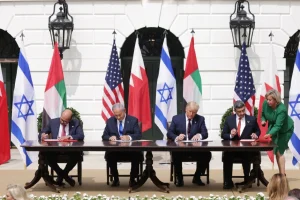
source: Alex Wong/Getty Images
Wyoming Star: With the US presidential election approaching, which of the candidates is more likely to resolve the Israel-Palestine conflict?
Benstead: The most significant peacemaking in the Arab-Israeli Palestinian conflict since the Egyptian-Israeli peace treaty (1979) was the Abraham Accords signed under Trump in 2020 and brokered in part by his son in law, Jared Kushner. The Biden administration also supports the Abraham Accords. An Israeli-Palestinian peace treaty will more likely be a result of the expansion of the Abraham Accords, especially if Saudi Arabia joins, which now looks probable.
“I see a Trump administration as more likely than a Harris administration to support the expansion of the Abraham Accords.”
However, I hope that whichever candidate wins, this will be a priority.
Wyoming Star: Are there any after-war plans for the restoration of the Palestinian territories in the Gaza Strip and the West Bank?
Benstead: The restoration of the Gaza Strip after the humanitarian devastation of the past year is critical. However, Israel does not have a clear plan, and Arab partners also do not want to step in with military support.
“I believe that the expansion of the Abraham Accords can be one way for international partners to work toward finding a political and economic plan for rebuilding the Gaza Strip that might in time result in Palestinian statehood.”
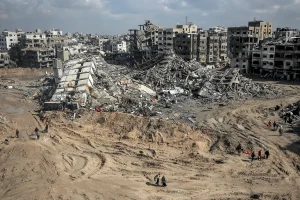
sourse: AFP via Getty Images
As the conflict continues, the impact on civilian life is dire, with the death toll in Gaza alone exceeding 41,000. The international community watches closely, hoping for a resolution that brings peace to the region.


